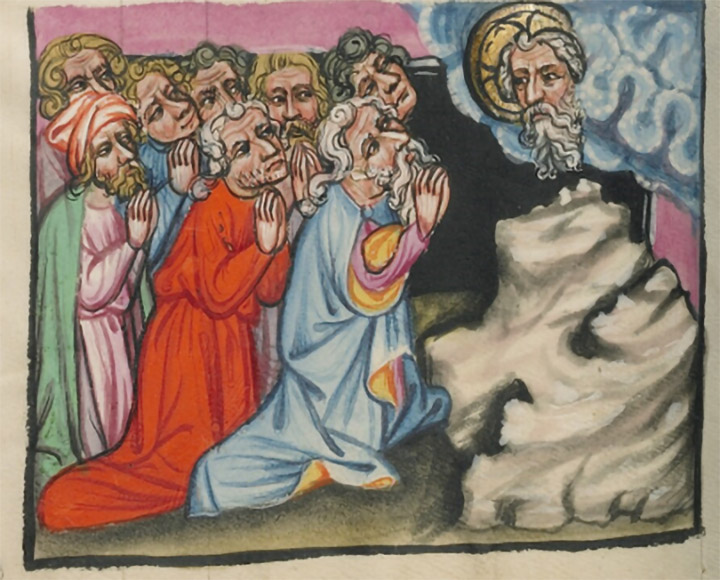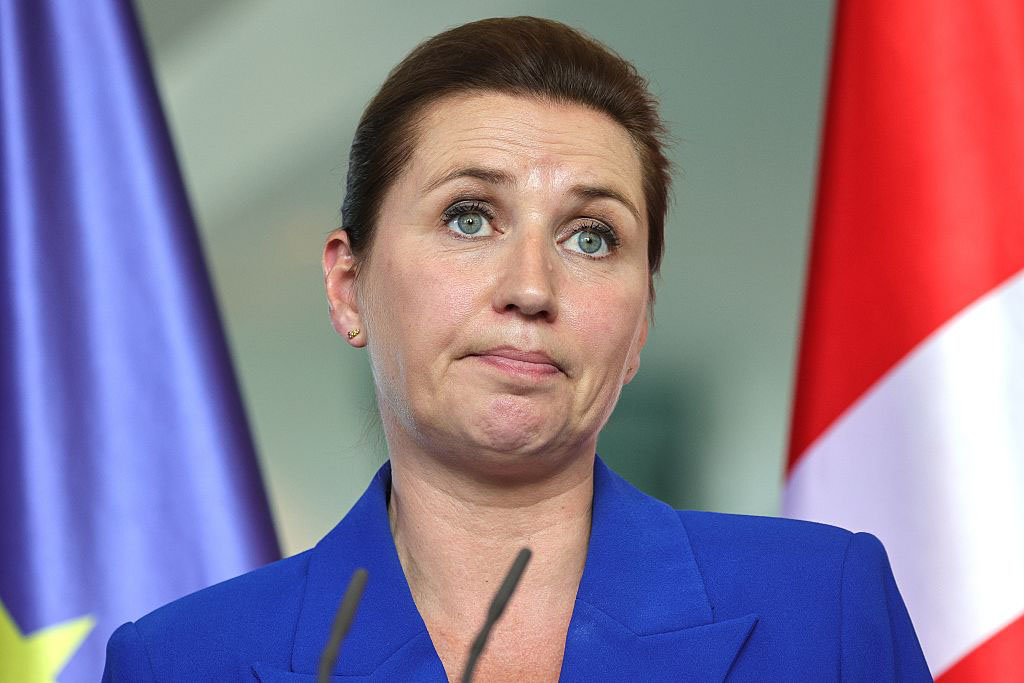
When President Bill Clinton left the White House, older and wiser, he knew he wouldn’t be considered one of the great American presidents. He probably thought that he did a good job and that he deserved credit for many achievements. But in a moment of candid reflection, he said that the greatest presidents are those who must lead a nation in time of peril. It can be through wars, famine, economic crisis or a plague. During Clinton’s impeachment-marred tenure, he didn’t have to deal with any of these.
Until recently, Israeli Prime Minister Benjamin Netanyahu was in a similar position. As the longest-serving prime minister in a country well aquatinted with crises, Netanyahu never had to deal with any. He was elected for the first time when the terror wave of the post-Oslo Accords was subsiding (while Clinton was in office), the economy was doing well and immigrants were coming in. He refrained from any great gestures of either war or peace that could lead to real crisis. In fact, he deserves credit for doing exactly that: avoiding crises.
He was re-elected after the end of the Second Intifada, when Israel already was well situated to deal with the 2008 economic meltdown, after the Gaza withdrawal was complete, when the second Lebanon war was over. In more than a decade, Netanyahu had one serious military emergency in Gaza (2014), but not serious enough to put any leader on a pedestal of greatness. To date, Netanyahu’s main achievement had been avoiding the peril that could make him great.
Enter the pandemic — possibly Netanyahu’s moment of crisis; his moment to become a great leader. Initially, he seemed to rise to the occasion, taking charge, holding the reins. Israel was quick to respond to the pandemic, quick to take preventive measures, quick to become an example for other countries. Just a few short weeks ago, Netanyahu wanted credit for “Israel’s great success” in dealing with the coronavirus.
Then, he suddenly lost momentum. The pressure to resume normal life was immense. The economy came to a halt, the political need was no longer there as a new government was formed. The country began to behave as if the plague was over.
Netanyahu no longer seemed to command the situation. And the public took note.
Except, it wasn’t. It isn’t. Netanyahu reacted slowly, hesitatingly. He no longer seemed to command the situation. And the public took note. A month ago, 32% of those surveyed highly approved of the way he was handling the health crisis. That figure is now 14%. In the economic sphere, his approval rating dropped from 53% to 35%. Ask the public what it wants, and you get a confusing response. It wants the economy to resume its normal pace, it wants the government to hand out money to all unemployed citizens, it wants to stay healthy. It wants everything.
In a crisis, a great leader doesn’t take this unusable advice and run with it. In a crisis, a great leader convinces the public of what needs to be done and then does it. Three months ago, when the crisis hit, Netanyahu acted like a great leader. But great leaders don’t get tired halfway through a crisis. They persevere, they stay focused. The government didn’t maintain its focus. It was busy, engaging in small-change political maneuvers, competing for attention with populist messages, listening to the public rather than commanding it. Maybe the leaders decided that this wasn’t a real crisis and forgot to tell us. Maybe they don’t know what to do next — an understandable confusion. Or maybe, and this is the worrisome part, they are just not great enough leaders when it comes to dealing with a true crisis. Time will tell.
Shmuel Rosner is The Journal’s senior political editor.

































